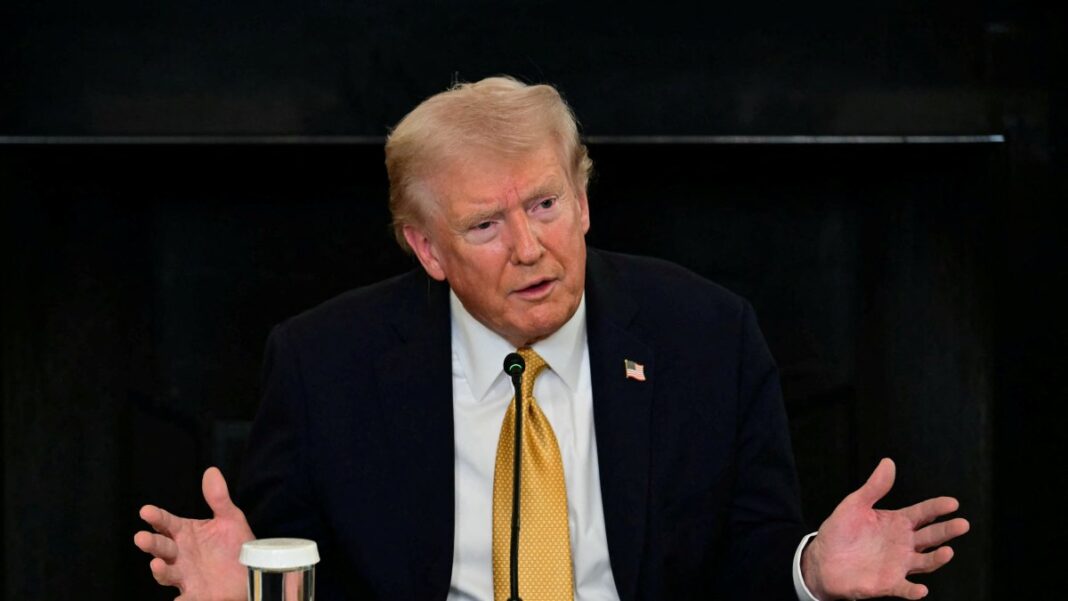Trump’s No-Show and Controversy at the G20 Summit
The upcoming G20 summit in South Africa has sparked a significant political stir, particularly following President Donald Trump’s announcement that no U.S. officials will attend due to his allegations against the country. This development raises questions about U.S.-South African relations and broader implications on global diplomacy.
A Bold Decision
On Friday, President Trump declared that he would not send any U.S. officials to the G20 summit, labeling the situation in South Africa as a “total disgrace.” He expressed his commitment to recognizing human rights abuses, which he claims include the murder of white farmers. In a post on his Truth Social network, Trump voiced, “No U.S. Government Official will attend as long as these Human Rights abuses continue.” This blunt assessment showcases his readiness to prioritize his views on human rights over diplomatic engagement.
The Vice President’s Role
Initially, Trump had indicated that Vice President J.D. Vance would represent the U.S. at the G20 summit. However, following his recent comments, it is unclear if this plan will proceed or if the administration will alter course in light of Trump’s firm stance against attending the summit.
Claims of “White Genocide”
Central to Trump’s decision is his repeated assertion of a systematic “white genocide” occurring in South Africa, particularly targeting Afrikaners, descendants of early European settlers. He argues that these individuals are under threat, with claims of being “killed and slaughtered” and having their land confiscated. These assertions have sparked considerable debate and have been met with skepticism and outright denial from the South African government, which claims such policies do not exist.
Controversy and Miscommunication
In a shocking moment during a meeting with South African President Cyril Ramaphosa, Trump played a video that allegedly depicted a campaign against white farmers, leaving Ramaphosa visibly perplexed. Such public displays of alleged evidence only serve to heighten tensions between the two nations, complicating already fraught diplomatic relations.
Refugee Policies and Economic Strain
In a broader context of U.S.-South African relations, Trump’s administration recently announced a dramatic reduction in the number of refugees the U.S. will accept annually, with projections dropping to a mere 7,500—a record low. This policy shift particularly emphasizes prioritizing white South Africans seeking refuge, igniting further debate about the motivations behind these policies and their ethical ramifications.
Trade Tensions
Trade relations between the U.S. and South Africa have also become strained under Trump, who has instituted a 30% tariff on goods from South Africa, making it one of the highest tariffs imposed on sub-Saharan African nations. This economic pressure compounds the diplomatic strain and raises concerns about the future of trade collaborations between the two countries.
Broader Geopolitical Implications
The relationship between the U.S. and South Africa also encompasses broader geopolitical issues, such as South Africa’s position on Israel’s actions in Gaza, which have recently been escalated to claims of genocide before the International Court of Justice. These disagreements further complicate diplomatic ties and contribute to the growing sense of mistrust.
In essence, Trump’s absence from the G20 summit and the surrounding controversies reflect deeper rifts within international relations and the complexities that define U.S. foreign policy today. As discussions continue, the world watches closely, aware that the implications of these diplomatic stances reach far beyond the immediate political landscape.



